


It's not so bad when you're on level ground,but crossing the Drakensberg is another matter altogether; especially when you strike a snag, thousand of miles away from home!
‘Voortrekker’ is an Afrikaans word which literally means ‘one who moves ahead’ or ‘first-forward traveller.’ They were the people of Dutch, German and French origin who ventured into the unknown, under different leaders, in what is called the Great Trek, to get away from the British-controlled Cape Colony. In a recently-written history of my ancestors, I wrote that 'after fleeing to avoid being burnt at the stake, and further risking risking their lives to get to Holland and the ship which would take them to South Africa, their descendants found no peace in the Cape, and in the North they faced the Boer War.’ It breaks my heart to have to add that "Today History is tragically repeating itself in South Africa as their present-day descendants move away in their thousands, seeking peace and security for their families in other lands!"
The reasons for ‘trekking’ from the Cape, were many and varied – among them the fact that the Afrikaans-speaking burghers were not provided with interpreters when, and if, they had to appear in court, and that, with the passage of time, British control at the Cape became more rigid, depriving the farmers of participation in local government. As they thus had no say in the running of the colony, the people began to move eastward, where they had their first encounter with the Xhosa, only to discover that the government did not have the money to protect them during the border wars which ensued. To make matters worse this, in turn, caused fear and frustration among the frontier community who, already suffering heavy losses of lives and livestock, were required to go on expeditions for the government with no hope of remuneration when their own horses and equipment suffered danger.
Another reason for discontent arose because ownership of their own land was paramount with these people. They traditionally married early in life, rapidly increasing the population, and soon realized that where they had established themselves there would be no land for their children to inherit. It was of great concern to them when - while they were already dealing with a drought in the 1820s and 1830s - land prices rose, farmland became limited as a result of the constant fighting, and the farmers found it more and more difficult to make a living. It became clear that there wasn't enough grazing for both Xhosa and Dutch stock farmers.

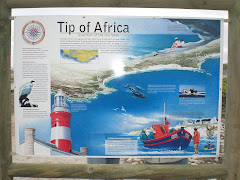
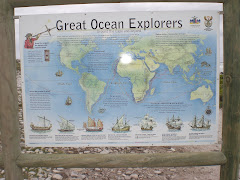
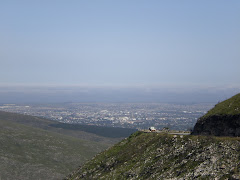

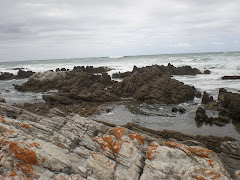
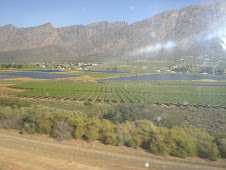
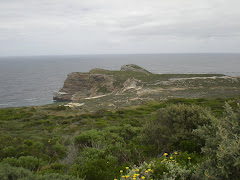
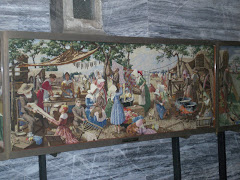








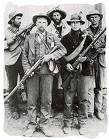



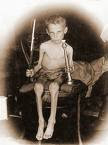

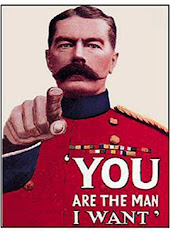.jpg)

.jpg)
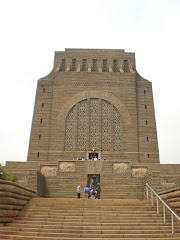


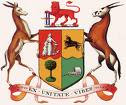



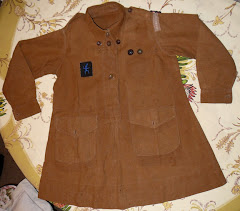



5 comments:
PLEASE hurry up and tell us more!If I had read all this before I left South Africa, my entire outlook would have been different.
Thank you.
I have now followed the story to the end. Amazing! Riveting! I say 'thank you', again.
PS. I'm sending the URL to friends here in the USA - but most definitely also to family members in SA.
I was particularly touched by the observation that the descendants of those people are fleeing again. - We did.
Too many people known to us, personally, either murdered, raped or robbed.
"The reasons for ‘trekking’ from the Cape, were many and varied – among them the fact that the Afrikaans-speaking burghers were not provided with interpreters " The Burgers did not speak Afrikaans, they spoke Dutch. In fact they were divided in 2 groups. One group speak Cape Dutch and was called the Cape Dutch and the Voortreker group spoke High Dutch (Hoog Hollands) and were called "Grensboere"(frontier farmers) before the Great trek started. They decided to trek as they were unhappy in the way they was mistreated by the Brittish Government. Reports from expiditions deeper into Africa that vast aireas of land was un inhabitat , trigger the great trek , Plus the urge to rulle themselfs.They , ther Voortrekkers, later became the Boer nation.Amongs them were olso decendents from England Ireland Scotland Denmark and other European Nations.,,,,Vonk de Boer.
It is fascinating how historical events can shape migration patterns.
Post a Comment